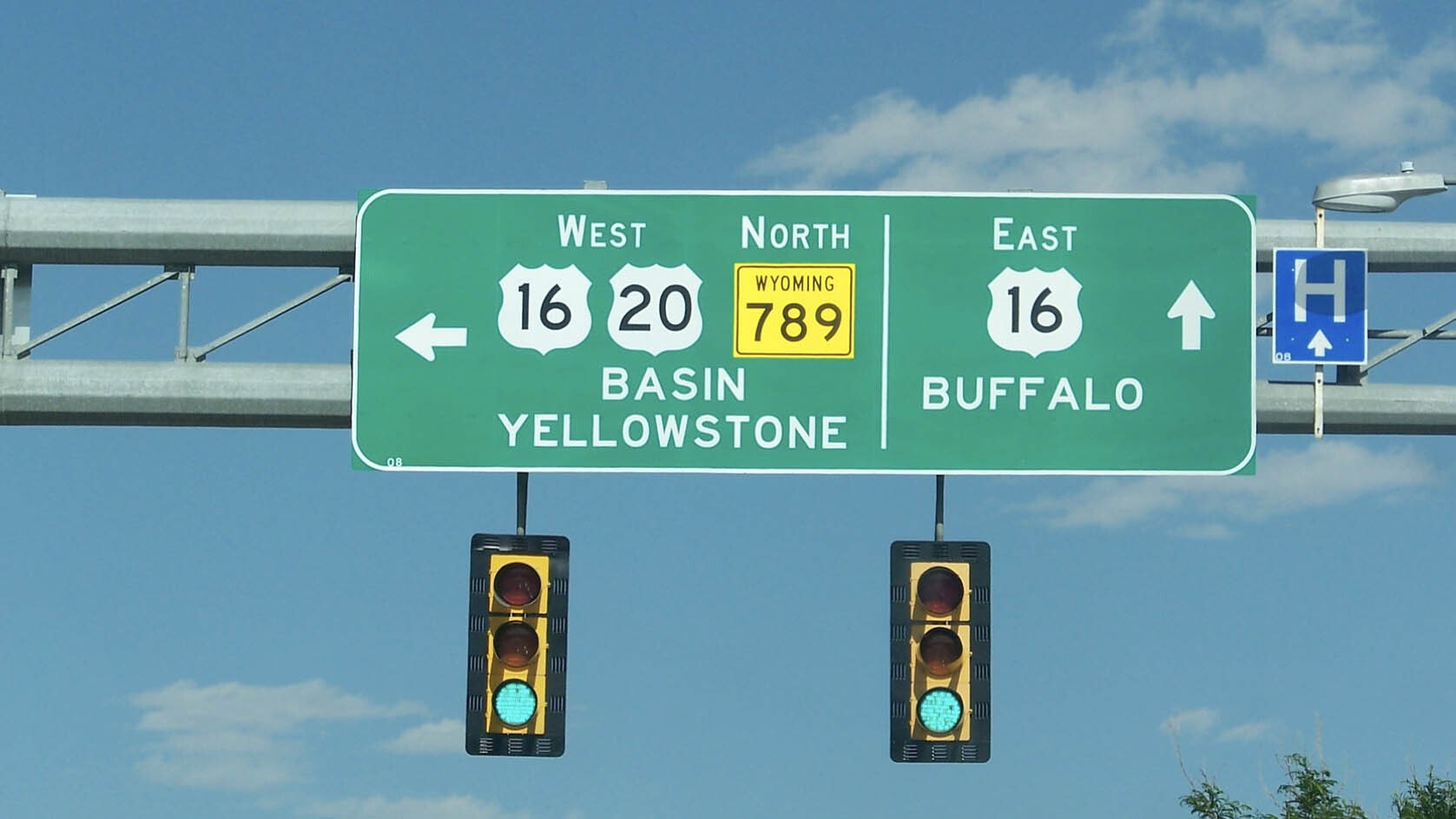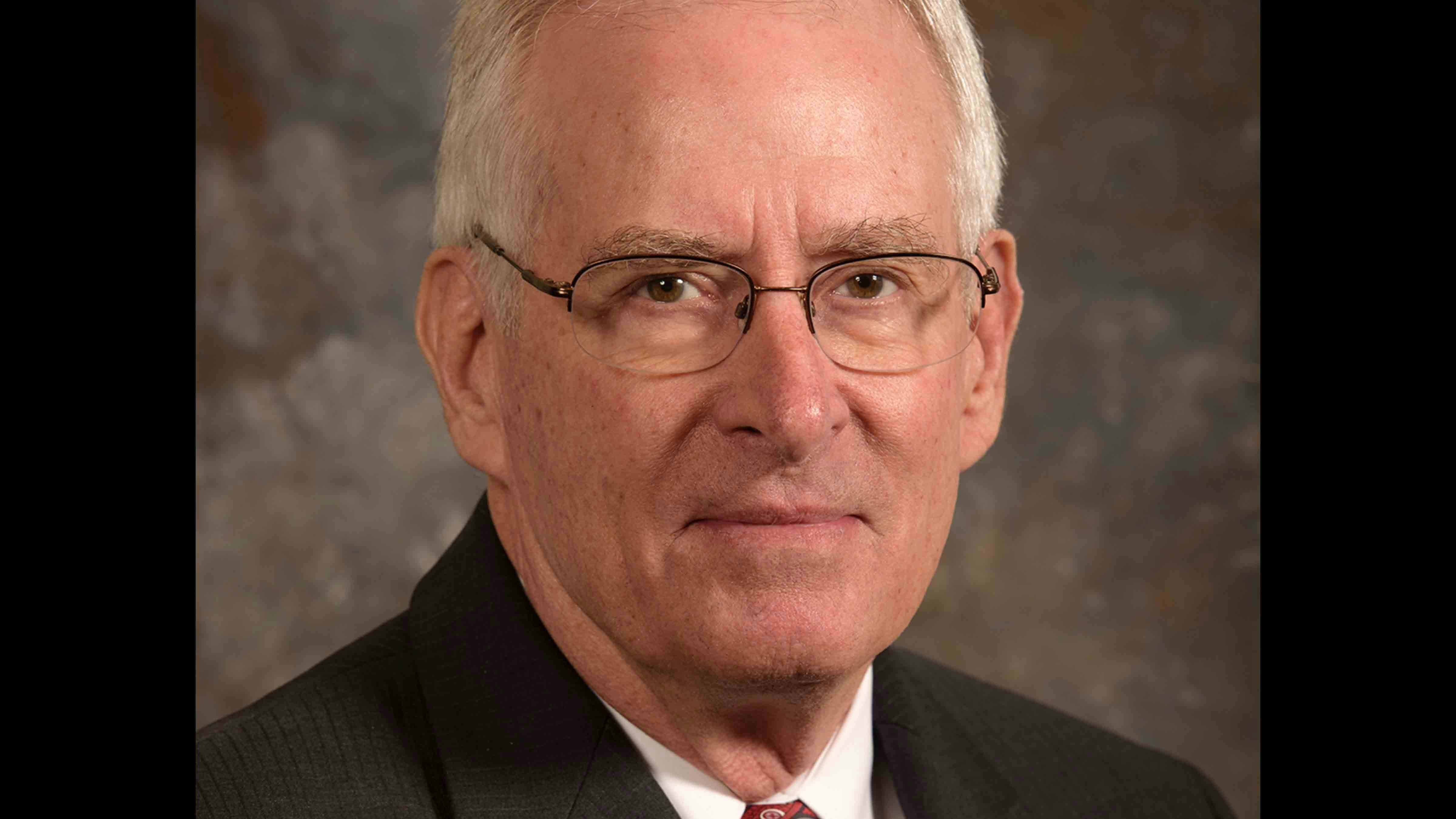It was just a little over a week ago when my life and the lives of my friends and neighbors, and pretty much everybody else in America, were turned upside down.
For me, that moment came last Wednesday (March 11), when my wife and I settled down to watch a professional basketball game between the Utah Jazz and the Oklahoma Thunder of the NBA. We were waiting for the imminent tip-off, when, suddenly, a lot of men ran onto the floor of the arena, and all of the players quickly left. Then, minutes letter, word came that the game was postponed. And, seemingly just a few more minutes later, came another statement that the whole NBA season was canceled. Within a day or two we learned that the game had been called off because Rudy Gobert – one of the Jazz’s two all-stars – had tested positive for the coronavirus.
This was earthshaking stuff – watching an NBA game has been one of the anchors of life. And, just like that, this anchor was whisked away. Too, on the same day another anchor was removed. That day I learned that Wyoming, which for so long had no reported cases of coronavirus, now had one, a woman from Sheridan.
I had convinced myself that we in the Big Horn Basin, who are undeniably located in one of the most remote corners of the continental United States, would not be hit hard by the coronavirus. Well, this fantasy has been completely abolished in the last week, as the number of cases in Wyoming has grown to twenty-six.
And I really didn’t have any legitimate excuse for playing Pollyanna, given my knowledge of another pandemic that hit Worland hard just over a century ago. I’m talking about the infamous Spanish Flu, that swept the country right after World War I. That was a time when Worland and the Big Horn Basin were, in practical terms, even more remote than they are today, but the remoteness of our town provided little advantage. I knew about this because I wrote about it at length in my book Sadie and Charlie.
On October 10, 1918, the Worland Grit ran a story with the first report of a calamitous disease: “Spanish Flu in Worland.” The Spanish Flu was a highly infectious and deadly illness that arose just before the end of World War I; it was said to have killed more people than soldiers killed during the world war. In the next three weeks five deaths were reported by the Grit, although the Grit said that, “we are fortunate in only having a few cases.”
In the next month, it seemed that Worland had gone through the worst of the flu, and, in late November, Dr. Gray opened up the town. But then the flu returned with a vengeance, killing fourteen people in the second week of December. I remember my grandmother telling me of seeing columns of stacked caskets in downtown Worland.
This second onslaught was more than the town’s medical facilities could handle and members of the community had to be enlisted; two “emergency hospitals” were created, staffed mostly by people of the town, to great peril to themselves. I recall a passage in the Grit talking about having to just place sick people on the floor of a large room, and I assume this was one of the “emergency hospitals.”
The Spanish Flu ended up killing about twenty people in Washakie County, around 1% of the total population. But the one shining moment of pride for the community was how the people faced up to this crisis. After it was all done, the Grit ran an article saying that, “you don’t have to go to the fields of France to find heroes.” The Grit listed the doctors and nurses who had cared for the people stricken by the flu, as well as many citizen volunteers, including Mrs. J. D. Cook (married to Joseph Cook, founder of the Cook Hotel), Mrs. J. S. Russell, Sadie and Charlie Worland, Abe Kent (Washakie County’s second sheriff), and Mrs. J. A. Howell (married to Ashby Howell).
It doesn’t seem that the coronavirus epidemic will be as severe as the Spanish flu, and I expect our community will again respond well to a medical crisis, as it did over a century ago.





